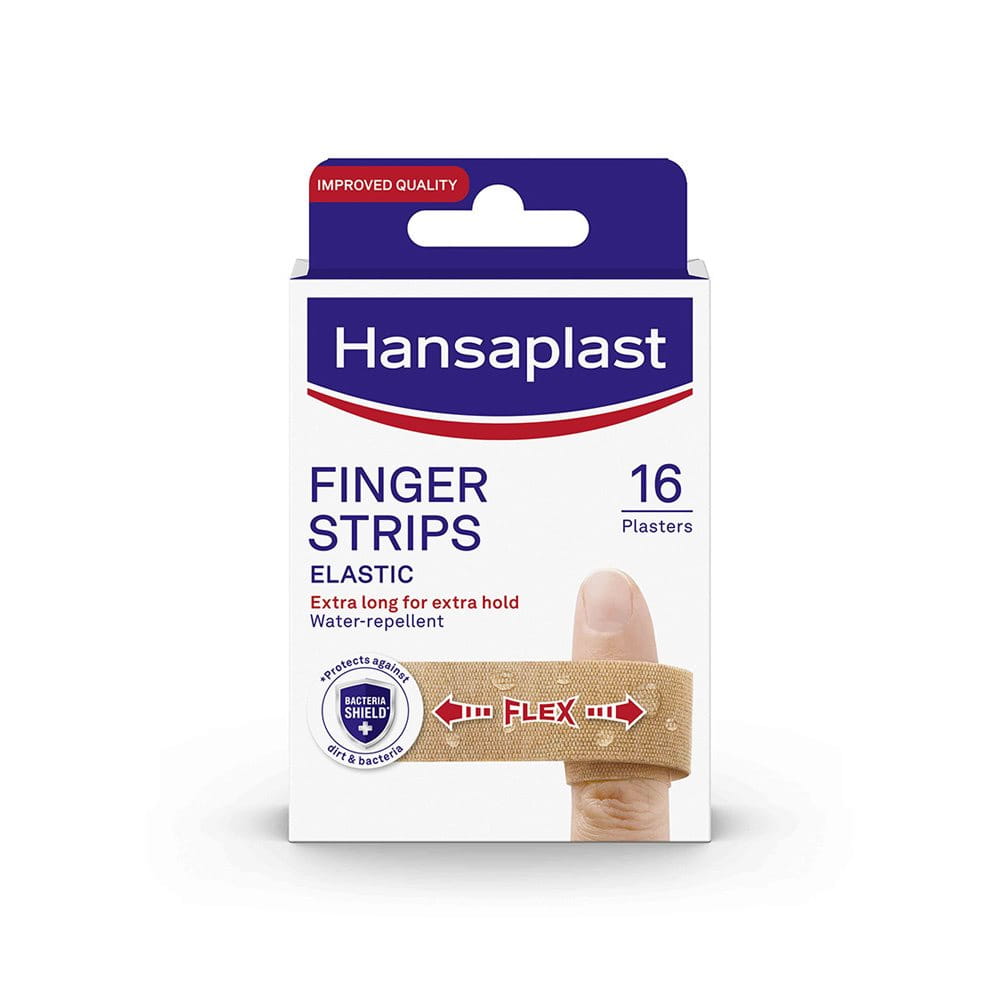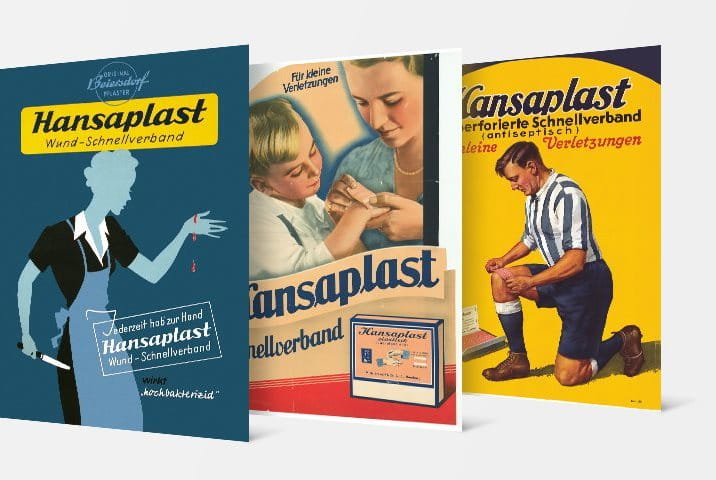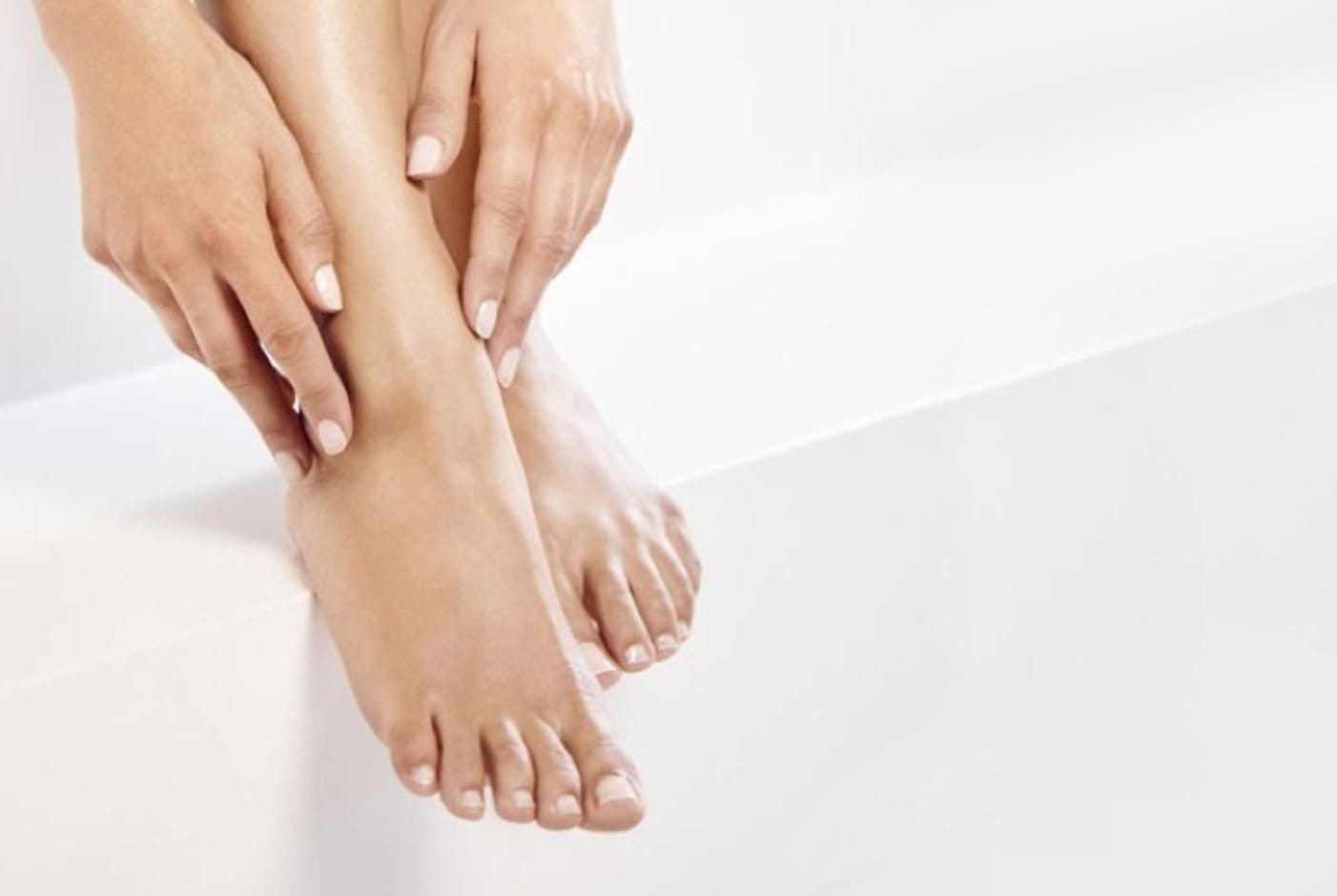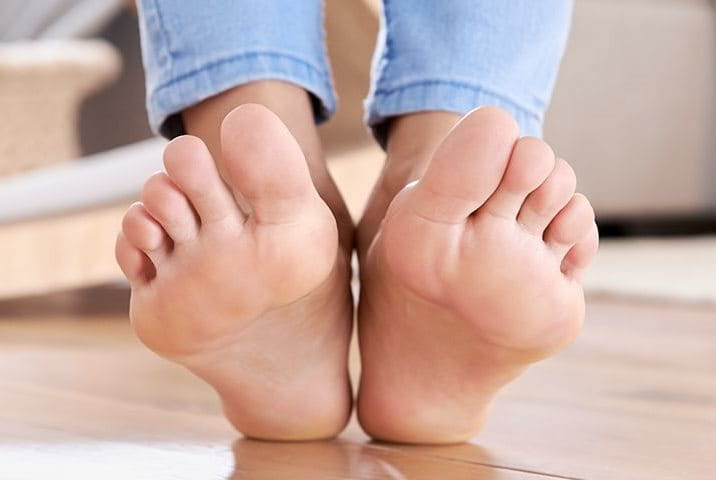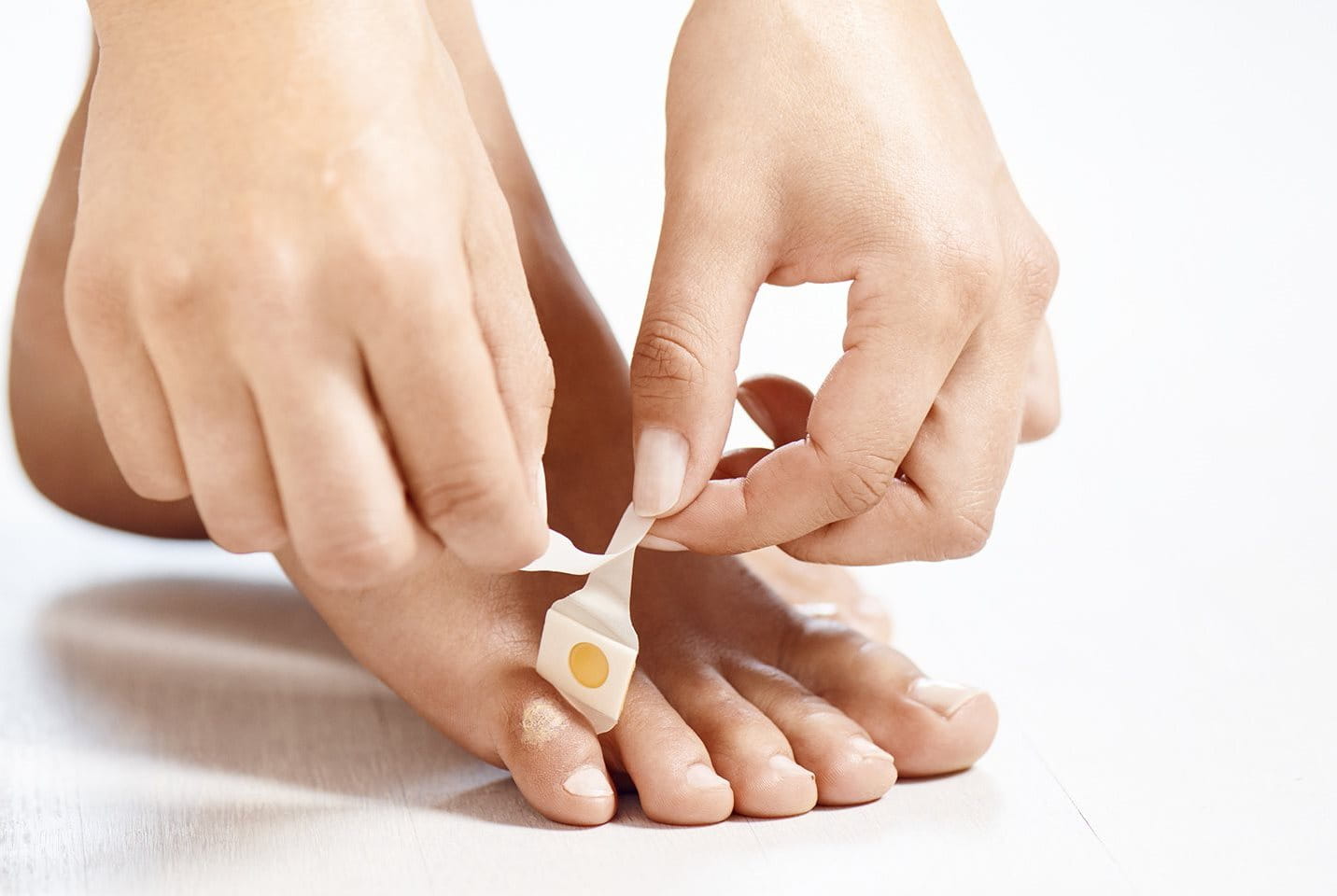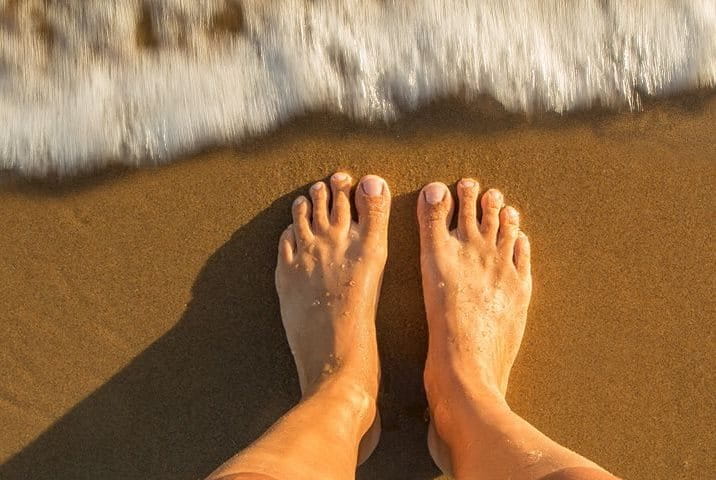1. What is a corn and how do I get it?
If the skin is exposed to permanent pressure and friction e.g. from ill-fitting shoes, it reacts by building up the outer layer, thus forming calloused skin. If the pressure persists, the calloused skin can form a corn with a hard core that reaches the deeper, sensitive skin structures and thus causes pain.
10. Can I use Hansaplast Corn Plasters if I am hypersensitive to rubber?
11. Can I use Hansaplast Corn Plasters if I am pregnant?
12. Are Hansaplast Corn Plasters suitable for children?
13. Can I use a Hansaplast Corn Plaster to remove warts?
